ECUADOR, on the right path to strengthening the use of forensic DNA for criminal prosecution.

GTH-DNA Director for Latin America, Kevin Mills, was in the Republic of Ecuador from February 6 to 8. During this visit he met with the allied institutions of the “Justicia Forense – DNA Latin America” project to agree on collaboration priorities for this year 2024 and to understand the latest political, judicial and social developments in this country. Basic CSI training for the National Police of Ecuador
WEBINAR – Forensic DNA at the Service of Justice in Colombia
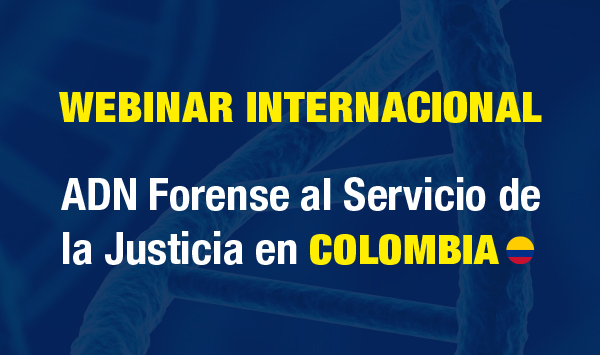
Among the audience were professionals from Peru, Mexico, Argentina and Colombia, where GTH DNA LATAM focuses its efforts.
DNA Database Law Approved in Honduras
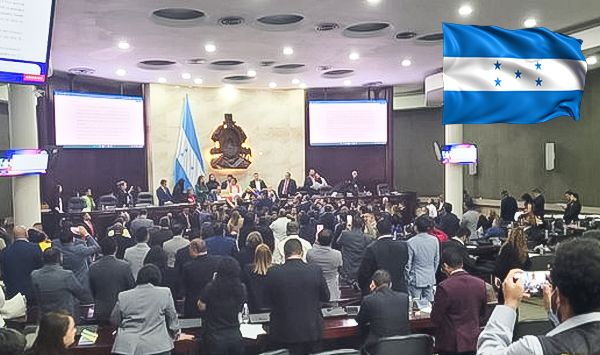
After almost a year of debate in the National Congress of Honduras that began in October 2022, the Law was finally approved on August 9, 2023.
Argentina held an International Symposium “DNA AS A RESEARCH TOOL IN CRIMINAL CASES”
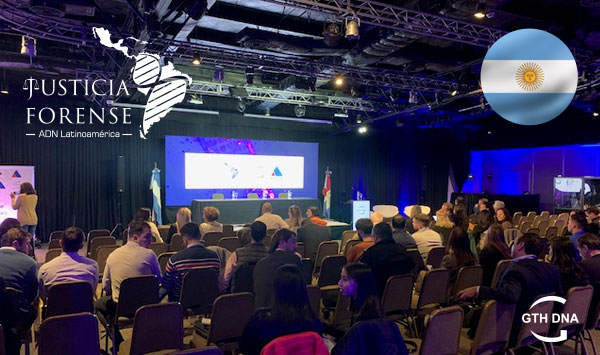
The objective of the event was to open a public debate on the bill on criminal DNA databases prepared by the province of Santa Fe, and to emphasize the importance of this regulatory framework to achieve greater clarification of crimes and reduction of impunity and recidivism.
International Webinar “Forensic DNA at the Service of Argentine Criminal Justice”

The objectives of this webinar focused on presenting to the audience the arguments why a criminal DNA database is an excellent tool for Criminal Policy.
Bill: National Database of Genetic Records for Criminal Investigation Purposes, Colombia
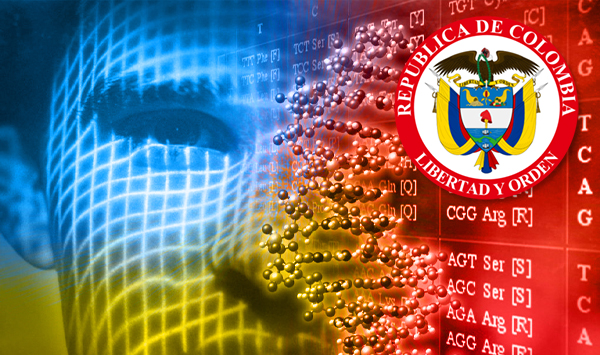
This bill seeks to increase successful criminal prosecution, reduce impunity and criminal recidivism, which are fundamental issues for achieving total peace and justice that victims demand.
Justicia Forense – DNA Latin America. Mexico
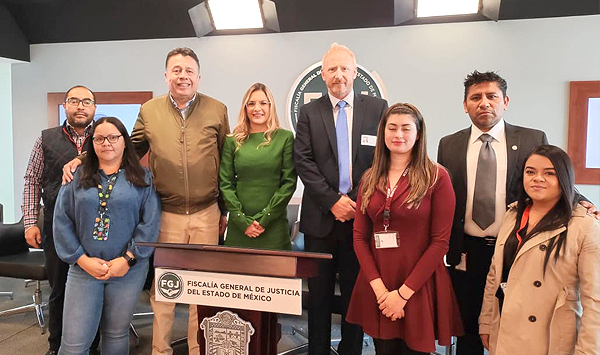
The purpose of these meetings is to promote the use of DNA in criminal investigation and to strengthen the use of technological and scientific tools that increase the success of judicial institutions in the search for truth and the clarification of crimes.
Murder suspect with world’s smallest DNA sample

Suspect in 1989 murder identified with world’s smallest DNA sample
Ecuador held an International Symposium on Forensic DNA in the Service of Justice

The objective of this event was to open a public debate on the use of criminal DNA databases and the advantages of using the genetic fingerprinting of victims and perpetrators to increase criminal prosecution and reduce impunity.
A murderer who escaped for more than four decades was discovered thanks to Forensic DNA.

One of the women murdered in 1983 in Toronto was Susane Tice, a social worker and mother of four teenage children, who was found dead in the second-floor bedroom of her home with multiple stab wounds to the chest.


 EL SALVADOR
EL SALVADOR HONDURAS
HONDURAS

 BOLIVIA
BOLIVIA PERU
PERU